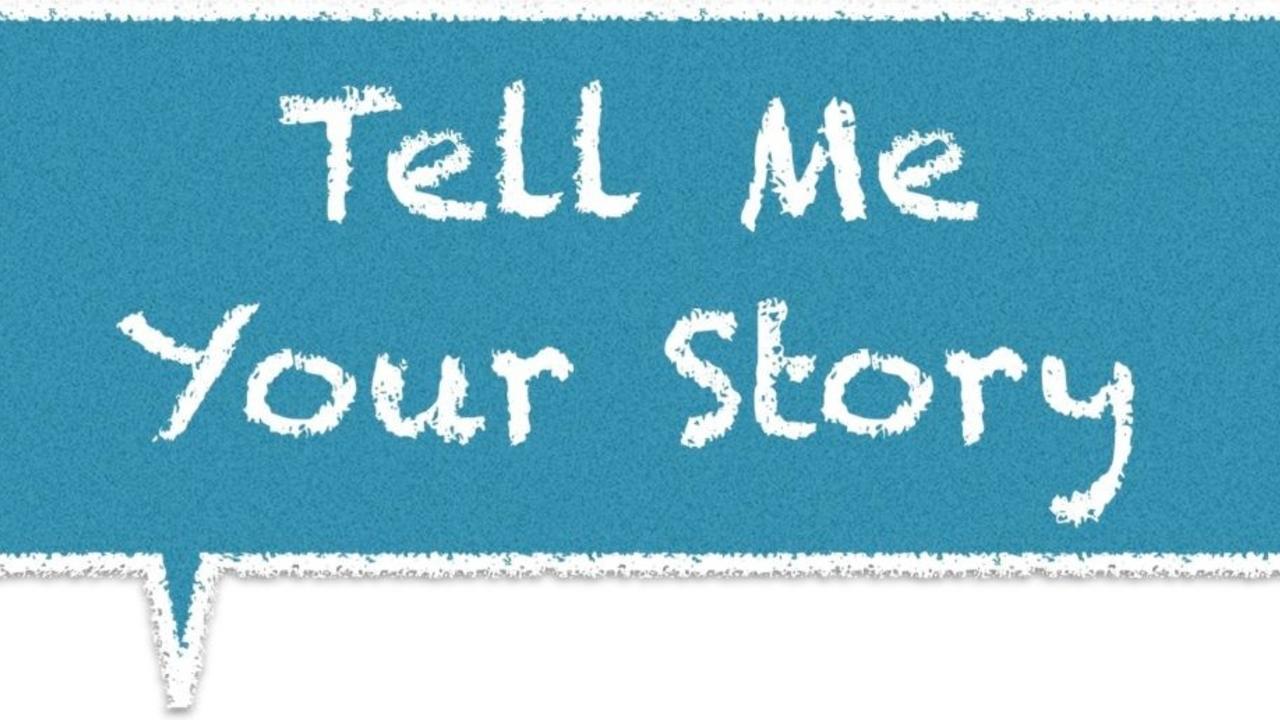
Tell Me Your Story
Just listen to the story, it has the clues you need ….
I often meet someone for the very first time, and wonder if I carry a sign above my head that states, “Tell Me Your Story”. I really wonder that sometimes. My family often comments on the ease with which people share their personal story with me. I still do not have the answer, but it is a really wonderful way to connect. It can happen at a grocery store, or in a park, or anywhere else.
So, I just listen.
When I was pursuing my medical studies, I remember a common phrase used by several of my former mentors,
“Listen to the patient’s story carefully and ask open-ended questions. Because the answers are often in the story.”
I kept hearing the same message for the entire 4 years of my medical education.
I was already inherently obsessed about the very idea of listening, so it made sense to me on a heart-level. It was intuitive. However, we are all work-in-progress, so some things take time and practice. After completing my education and training, and eventually starting my own practice, I kept the message of “listen to the story, the answers are in the story” in my mind.
Every visit was about “listen to the story”. Sometimes, we hear something and understand the meaning, but we don’t always know how to synthesize it and experience it. How can such a simple message, that makes sense on a conscious level only begin to make sense after years of practicing?
Sometimes the answers we are looking for can only reveal themselves when we are not looking for anything. Listening to another person’s story requires an open-mind, open-heart, absence of judgement, feeling, understanding, reflection, introspection, connection, and so much more. A simple story of words is a whole world of no-words.
When you are a student, your mind is open (hopefully). As long as you continue to maintain your “student-mind” throughout life, your mind should ‘generally’ stay open. I do not suggest a student of a rigid system that produces “robots” that can complete worksheets. Sadly, this is commonplace in many conventional educational systems around the world, especially here in the US.
But, I digress, I am not here to contemplate the issues or the solutions of an educational system.
To me, being or becoming a student is simply to have the yearning to experience the world and its expansiveness without judgement, or any preconceived notions about how things are or ought to be. Simply, have an open-mind about everything.
Regardless of who you may be listening to, whether it is your family, friends, colleagues, or clients, the basics are the same.
It turns out that ninety percent of our communication is non-verbal. So, when you are listening to another person’s story, if all you do is listen to the words, you may be missing the majority of what is being said.
Listen with all of your senses, otherwise you may be missing most of the story and the story will then be incomplete.

